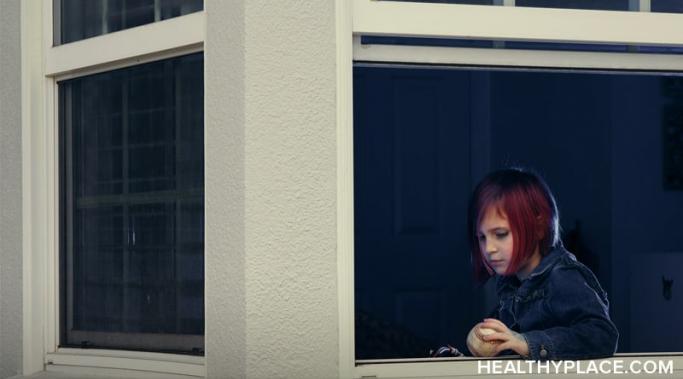Overcoming codependency is a significant milestone in anyone's journey. Growing up, I felt like my emotions were too complex, strong, or nuanced to share. The community I was raised in didn't encourage open emotional expression, so I kept my feelings to myself. This environment is particularly detrimental for someone with borderline personality disorder (BPD), where the ability to express and validate emotions is crucial for mental stability and self-understanding. But I've found I can overcome codependency.
BPD Videos
Goal-setting with borderline personality disorder can be difficult. Living with borderline personality disorder (BPD) feels like being trapped in an endless loop, where the same mistakes replay like a broken record. This seems to be true for me, especially when setting goals. Without smarter goal-setting in BPD, living up to my dreams and aspirations can feel like trying to catch a cloud and pin it down.
Daily journaling has been my guiding light on the path to managing borderline personality disorder (BPD). When hit with a BPD trigger, there are intricate layers to my emotions and thoughts. Having those thoughts in front of me is sometimes the only tool that loosens the grip cognitive distortions have on me. It's more than just putting pen to paper; it's a safe place where I can process my inner turmoil and gain invaluable self-awareness. Journalling is definitely helpful for BPD management.
Improving interpersonal communication with borderline personality disorder (BPD) can be a lifelong task. For me, interpersonal communication with BPD becomes a battleground where the stakes are high. One misstep could lead to unintended consequences, exacerbating my BPD symptoms.
Code-switching in borderline personality disorder (BPD) is something I've been trying to understand lately. I know so far that it's a survival strategy I've clung to in a reality where the threat of rejection casts its shadow over everything.
Borderline personality disorder (BPD) and relationships can pose some unique challenges. The constant fear of rejection looms around every corner, making it difficult to fully embrace the positive moments that relationships bring. Even when surrounded by love and support, the fear of impending abandonment can act as a barrier, preventing the full enjoyment of the positive aspects of a relationship. This struggle underscores the complexity of managing BPD within the context of interpersonal connections.
People with borderline personality disorder often have issues with feelings of rejection. In fact, the feeling of rejection is the thing that gets under my skin the most. With borderline personality disorder (BPD), even the tiniest microexpression can make me feel like I'm going off the deep end. Now, there's this one time that sticks out like a sore thumb when it comes to feeling rejected -- the classic "no text back" scenario.
In the past, my trauma therapist has had to give me a reality check about over-identifying with borderline personality disorder (BPD). To be honest, I needed that wake-up call. Not every unpleasant thought or emotional dip is automatically a BPD symptom. It's made me realize the pitfalls of getting too wrapped up in identifying with my mental health issues.
Borderline personality disorder (BPD) affects me in many ways. If you really know me -- we're talking roommates and family -- you'd catch onto the petulance, those bursts of childlike fury that bubble up out of nowhere. On the outside, borderline personality disorder has me spinning with emotions, intense reactions, and a sprinkle of unpredictability. However, what seems to be a mood affliction is actually a batch of survival tactics that collectively comprise the framework of my personality. Read on to learn how BPD really affects me.
I've got this oddly specific fear of abandonment at night. It's bizarre, but when my partner dozes off before me, I feel like a lost child, abandoned at the mall. I'm aware it's not rational; my partner is right there, snug beside me, and I'm a grown adult who's tackled the mall solo countless times. But that lingering fear of desertion from my past creeps in as if it were determined to sabotage the present.









